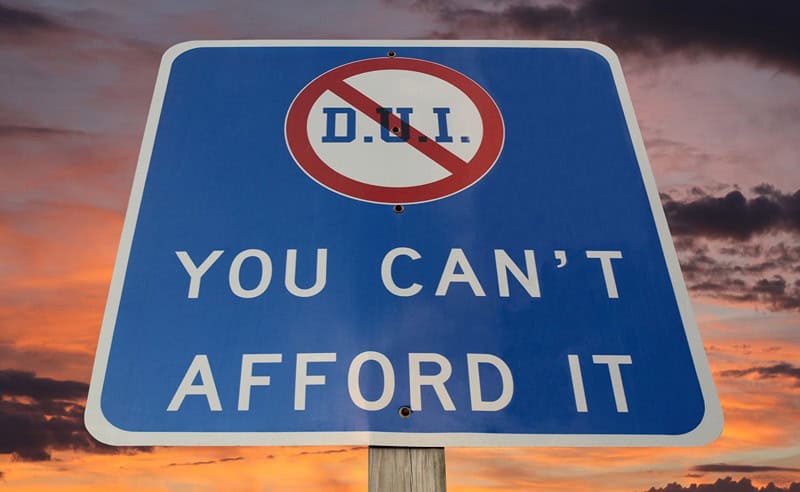
Investigative Article: Examining the Process of Charging Juveniles as Adults
Introduction
In recent years, the issue of charging juveniles as adults has become a divisive topic in the criminal justice system. Many argue that minors who commit serious offenses deserve to face the consequences of their actions in the same way as adults. However, others believe that minors do not possess the same level of maturity and decision-making capabilities, making them more susceptible to making poor choices. In this investigative article, we will examine the process of charging juveniles as adults, including the reasons behind it, the differences between juvenile and adult court systems, and the potential consequences of these charges.
What Constitutes a Juvenile Crime?
In the state of Arizona, a juvenile crime is defined as any criminal act committed by a person under the age of 18. These crimes can range from minor offenses such as traffic violations to more serious crimes such as robbery or murder. In most cases, minors who commit these offenses are tried in juvenile court. However, in certain circumstances, prosecutors may choose to charge a juvenile as an adult.
Overview of the Process for Charging Juveniles as Adults
The decision to charge a juvenile as an adult is made by a prosecutor, who must first petition the court to transfer the case. If the court grants the petition, the juvenile will be tried in adult court. This process is known as a "waiver" or a "transfer." In making this determination, the court will consider a number of factors, including the nature of the offense, the age of the offender, and the offender's criminal history. Once the case has been transferred, the juvenile will be subject to the same legal process as an adult, including bail, trial by jury, and the possibility of serving time in adult prison.
Differences Between Juvenile and Adult Court Systems
There are several key differences between the juvenile and adult court systems. Firstly, the primary focus of the juvenile court system is rehabilitation rather than punishment, while the adult system is primarily focused on punishment. Additionally, juvenile court proceedings are typically closed to the public, while adult court proceedings are open. Furthermore, the penalties for juvenile offenders tend to be less severe and more focused on education and community service, rather than incarceration.
Common Juvenile Crimes Charged as Adult Offenses
Some of the most common juvenile crimes that are charged as adult offenses include murder, sexual assault, armed robbery, and drug trafficking. In cases where a juvenile is charged with a violent crime, prosecutors are often more likely to seek a waiver to transfer the case to adult court.
Statistics and Case Studies on Juveniles Tried as Adults in Arizona
According to data from the National Center for Juvenile Justice, between 2005 and 2015 there were 757 juveniles who were charged with direct file offenses in Arizona. Direct file offenses are those where a prosecutor decides to charge a juvenile as an adult without seeking approval from the juvenile court judge. Of these, nearly 80% had their charges reduced or dismissed, and only 8% were sentenced to prison. However, these statistics do not tell the whole story, as the decision to charge a juvenile as an adult can have serious long-term consequences, including difficulty finding employment, housing, and educational opportunities.
How a Criminal Defense Attorney Can Help
If you or a loved one has been charged as an adult for a crime committed as a juvenile, it is crucial to seek the assistance of a skilled criminal defense attorney. A knowledgeable attorney can help you understand your legal options, develop a strong defense strategy, and negotiate with prosecutors to potentially have your charges reduced or dismissed. With the help of an experienced criminal defense attorney, you can increase your chances of achieving a favorable outcome in your case.
Conclusion
The decision to charge a juvenile as an adult is a complex issue that must be carefully considered on a case-by-case basis. While there are certainly cases where charging juveniles as adults is appropriate, it is important to remember that minors do not possess the same level of maturity and decision-making capabilities as adults. Moving forward, it is crucial that we continue to examine the process of charging juveniles as adults and work towards finding a balance between accountability and rehabilitation for young offenders.
For more information on juvenile charges, please visit Juveniles Charged as Adults: Understanding Juveniles Crimes and the Adult Charge Process.







